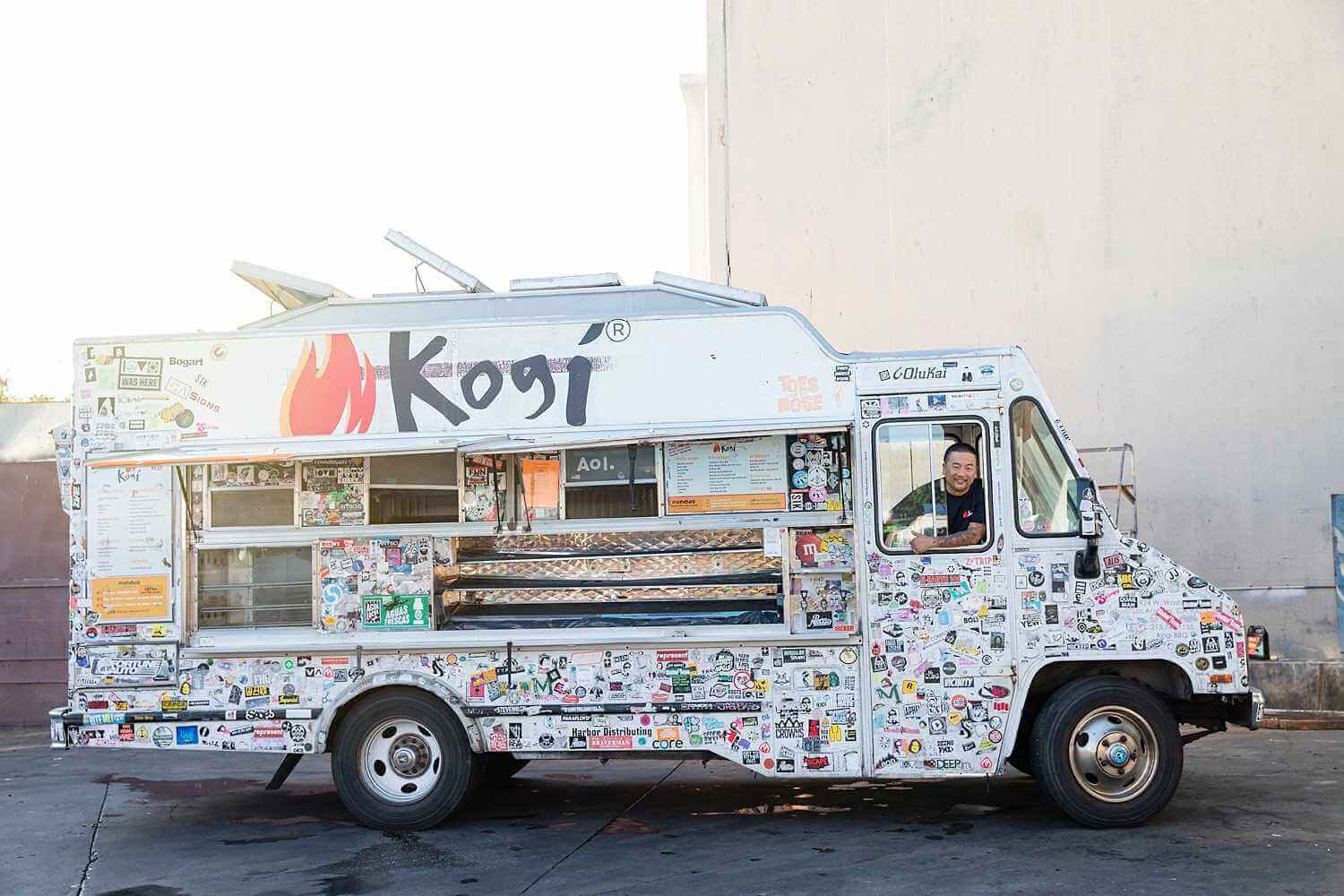
In the bustling streets of Los Angeles, Kogi Korean BBQ has become an emblem of the city’s diverse culinary scene. This legendary food truck wasn’t just about serving meals on wheels; it was a movement that reshaped how people perceive street food. Kogi Korean BBQ, founded in 2008, turned humble food trucks into a gourmet dining experience, pioneering a cultural phenomenon that still thrives today.
The story of Kogi began with a bold idea from Mark Manguera, a food enthusiast with an eye for fusion cuisine. Inspired by his own heritage and a love for Korean flavors, Mark sought to bring something fresh and exciting to Los Angeles. Partnering with his wife, Caroline Shin, and the immensely talented Chef Roy Choi, the team embarked on a journey that would redefine street food.
Chef Roy Choi, the culinary genius behind Kogi, grew up in the vibrant neighborhoods of Los Angeles after moving from Seoul, South Korea. His upbringing exposed him to the rich, complex flavors of Korean cuisine, which later merged with his classical training at the Culinary Institute of America and experience at Michelin-starred restaurants. This combination of heritage and expertise led to the creation of Kogi’s standout dishes, like the legendary Short Rib Taco—a savory masterpiece combining Korean BBQ flavors with the portability of a taco.
What truly set Kogi apart was its innovative use of technology. At a time when social media was in its infancy, Kogi revolutionized the food truck business by using Twitter to engage with its audience. Posting daily updates about truck locations and menu items, Kogi created an almost cult-like following. Fans eagerly tracked the trucks’ whereabouts, turning each stop into a mini-festival of flavors. This ingenious marketing approach earned Kogi the nickname “the first viral food truck” and showcased the potential of social media in building a loyal community.
But the magic of Kogi went beyond marketing. It was the food itself that kept people coming back for more. The menu, built around simple yet explosive flavors, became an instant hit. The Spicy Pork Taco, Kimchi Quesadilla, and Kogi Dog (a hot dog topped with Korean slaw and salsa roja) delighted taste buds, offering a perfect blend of tangy, spicy, and umami-rich notes. Each dish reflected Los Angeles’ melting pot of cultures and flavors, embodying the city’s vibrant spirit.
The Kogi team didn’t stop at tacos and quesadillas. They continually pushed boundaries, collaborating with other culinary artists and experimenting with new ideas. For instance, the Pacman Burger, a fusion of Korean BBQ short ribs, cheese, and salsa verde, was one of their innovative specials that captured the hearts of adventurous eaters.
The success of Kogi Korean BBQ helped launch the modern gourmet food truck movement, influencing countless chefs and entrepreneurs to take their culinary creations to the streets. Beyond the trucks, Kogi also expanded into brick-and-mortar ventures like Chego!, a rice bowl-focused eatery, and contributed to Chef Roy Choi’s rise as a cultural icon. His ventures, including the Netflix series “The Chef Show”, have only cemented his legacy as a trailblazer in the food world.
Today, Kogi operates five trucks, crisscrossing the streets of Los Angeles to deliver their signature dishes to fans old and new. Despite their meteoric rise, the Kogi team remains grounded in their commitment to quality, flavor, and community. Kogi is more than a food truck; it’s a love letter to Los Angeles—a city where cultures collide to create something truly extraordinary.
Whether you’re a local or a visitor, following Kogi on its social media and catching their truck is a must-do experience. Their food is not just a meal; it’s a story of passion, creativity, and the boundless possibilities that emerge when people dare to dream big. So, the next time you bite into a Kogi taco, remember that you’re tasting a piece of culinary history.
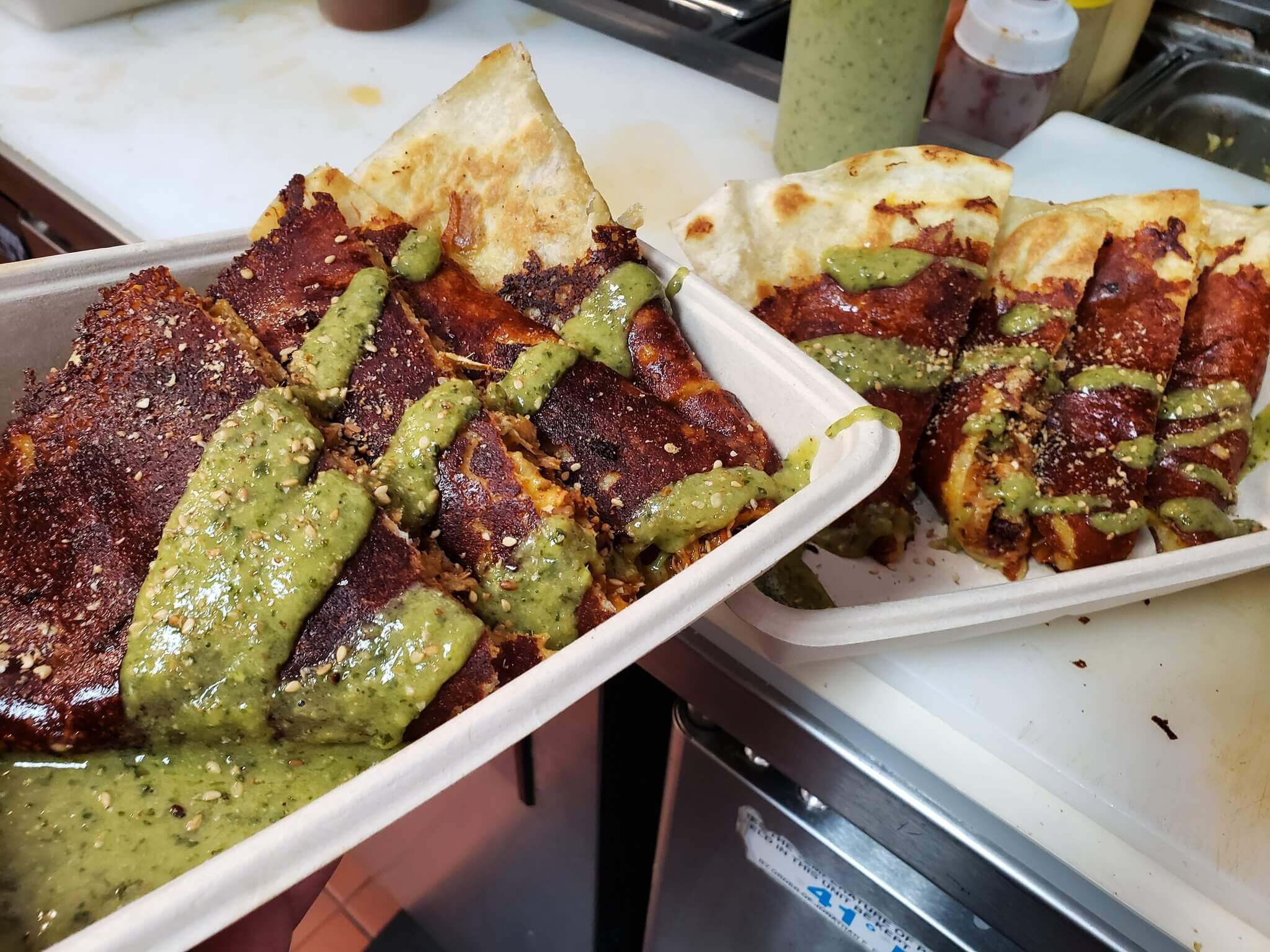
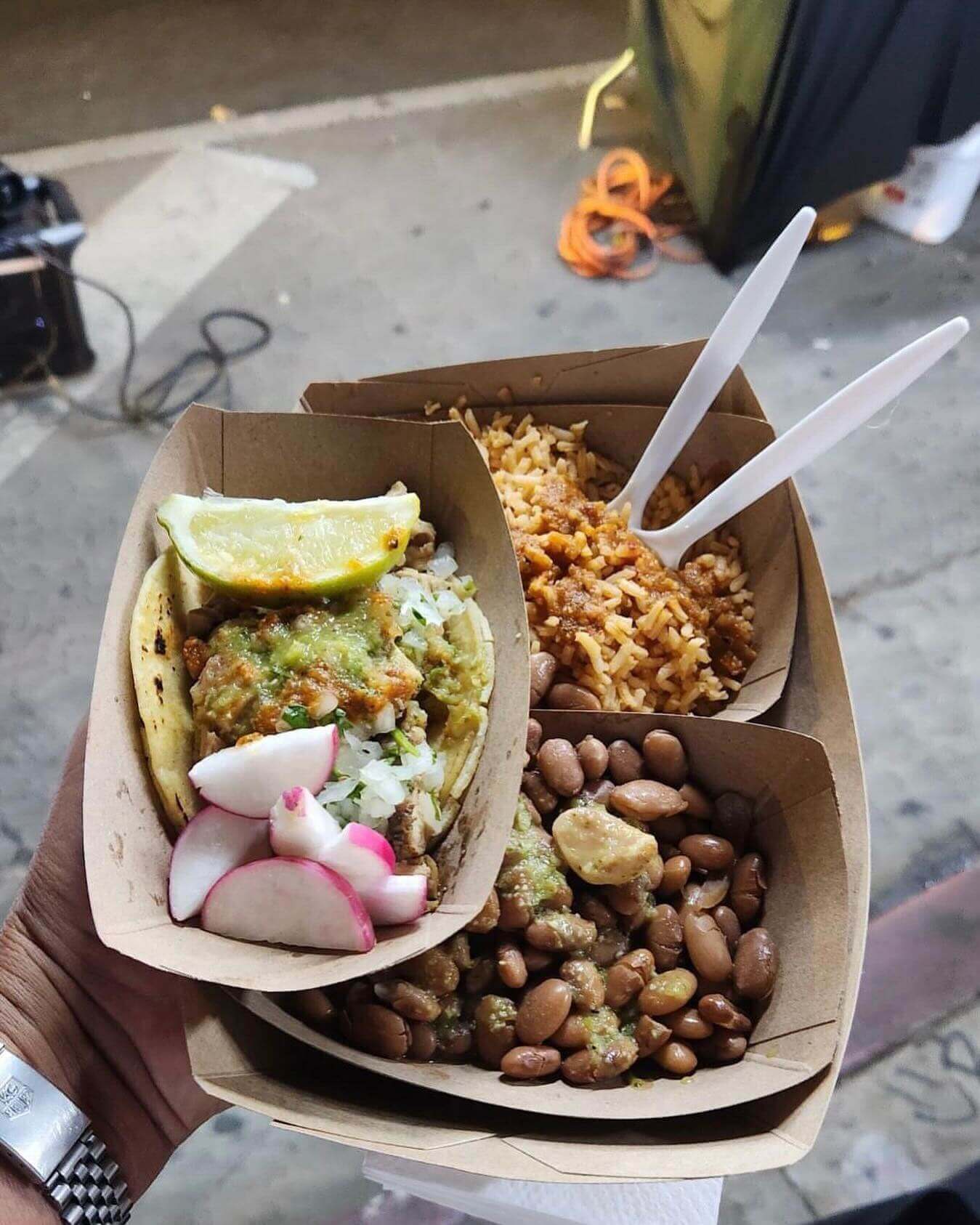
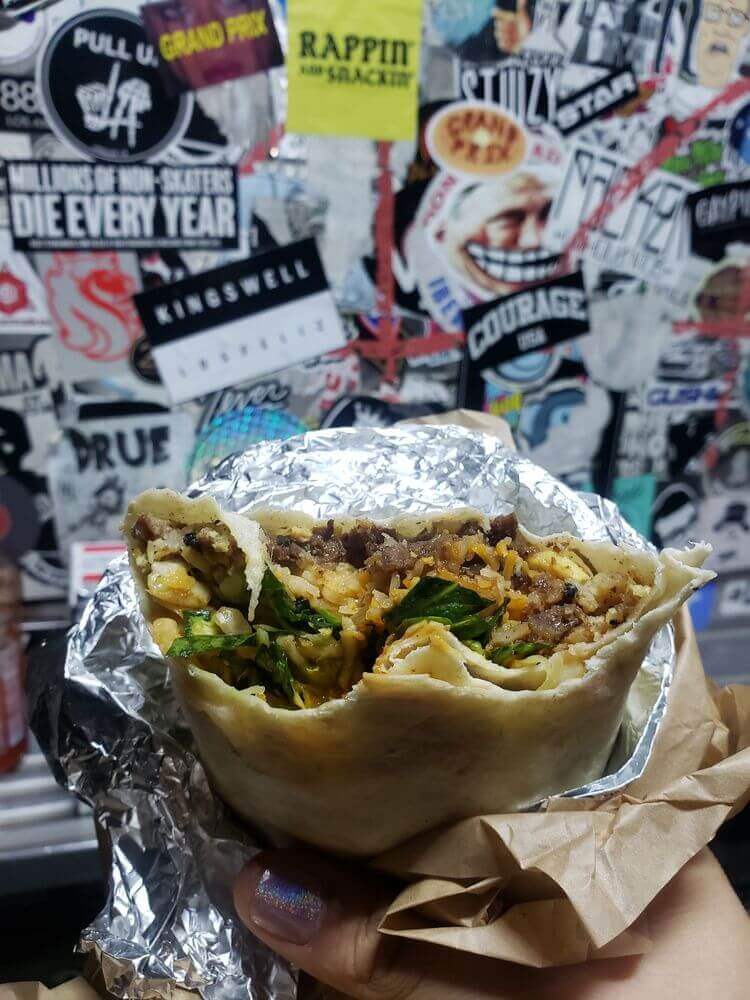
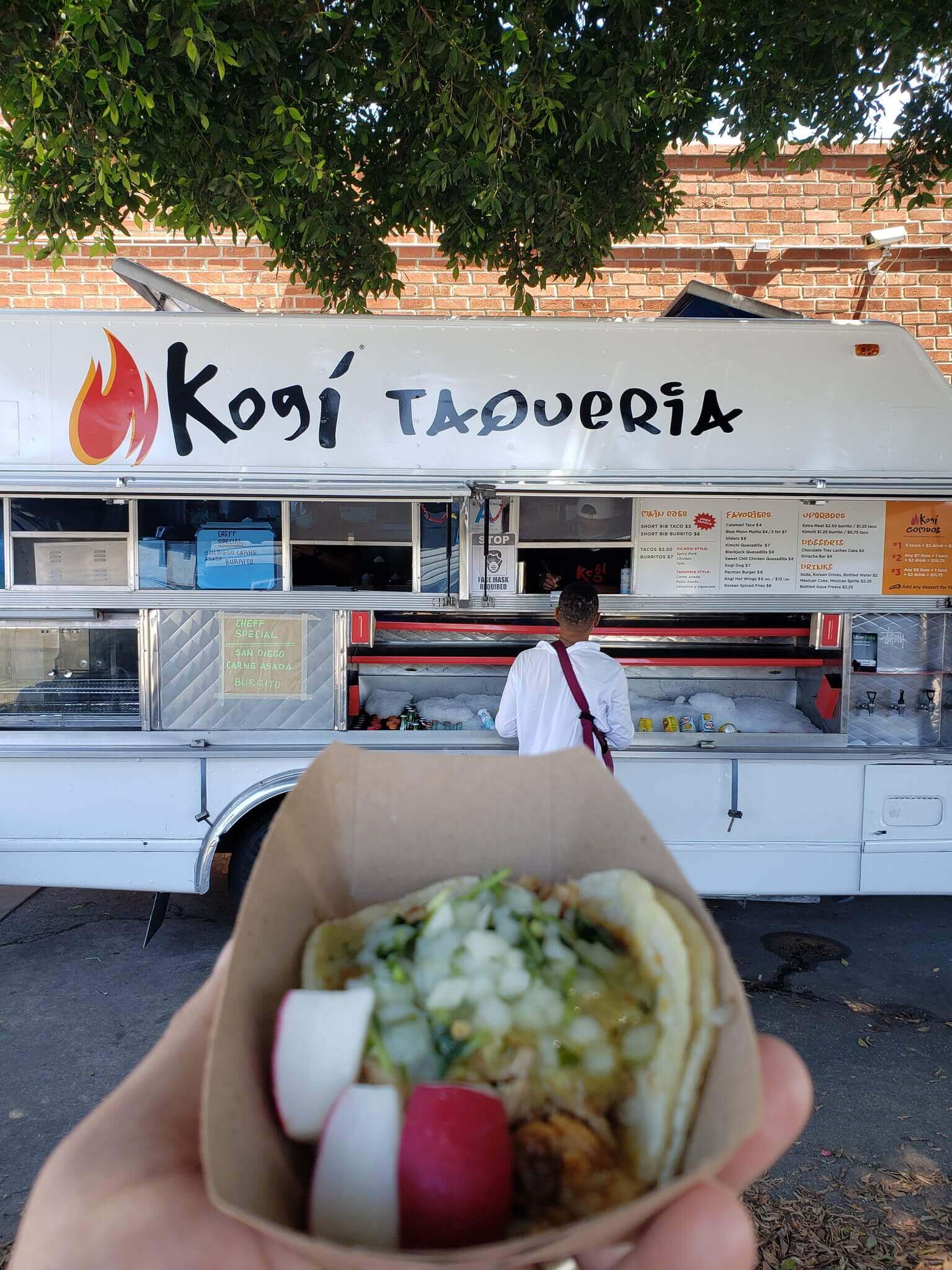
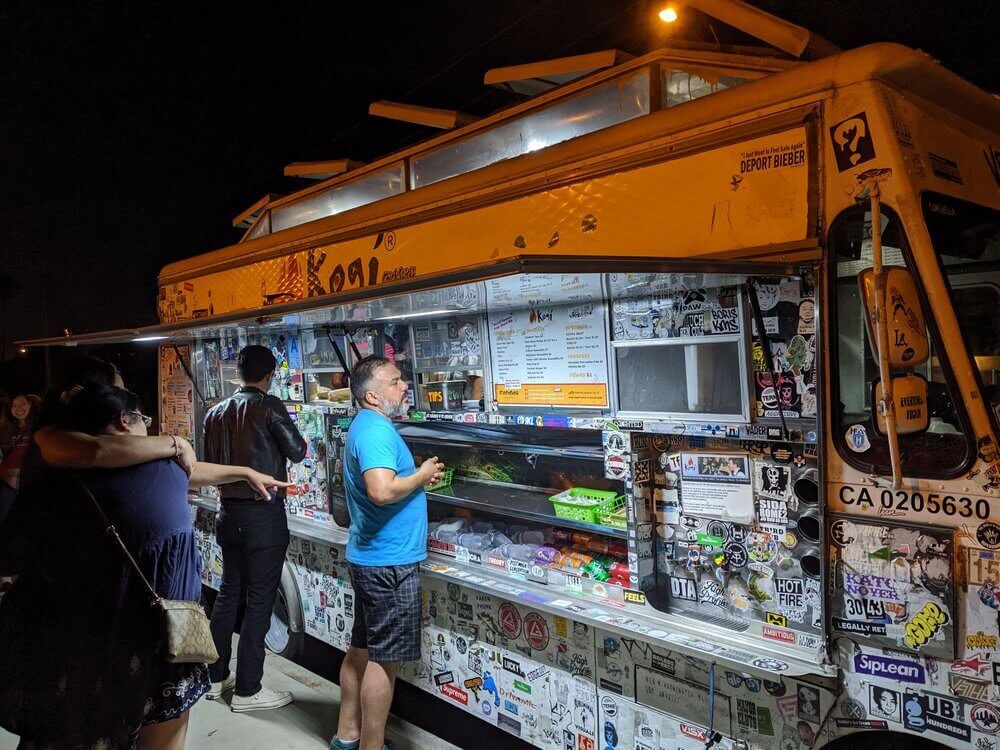
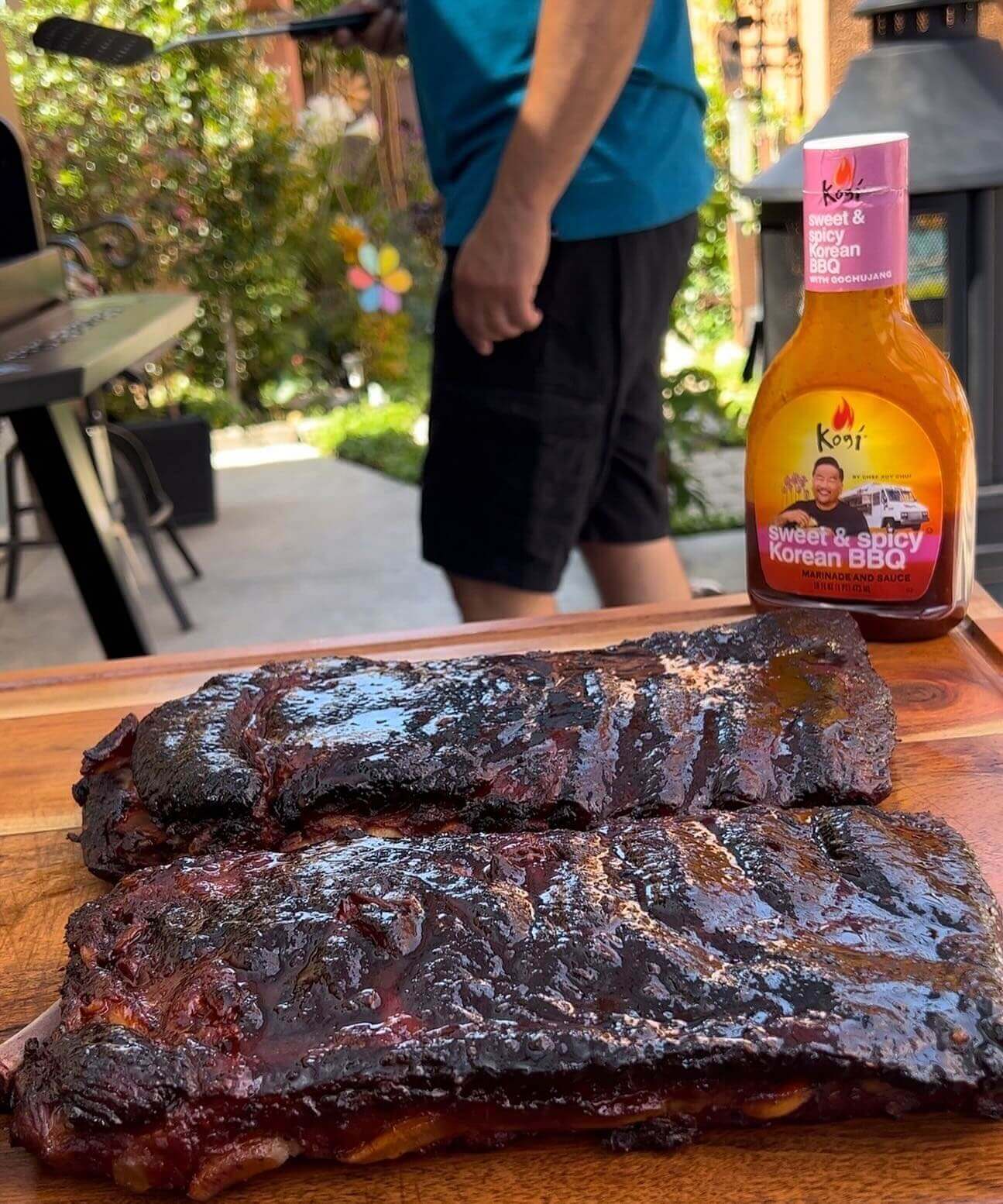
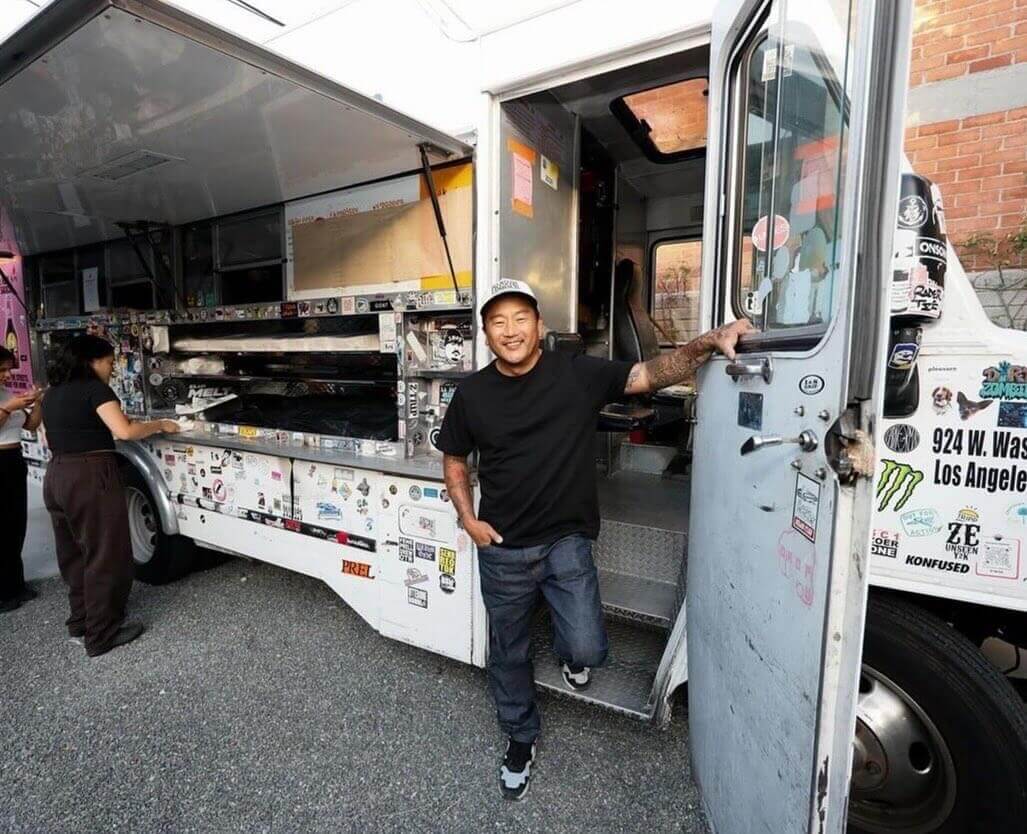
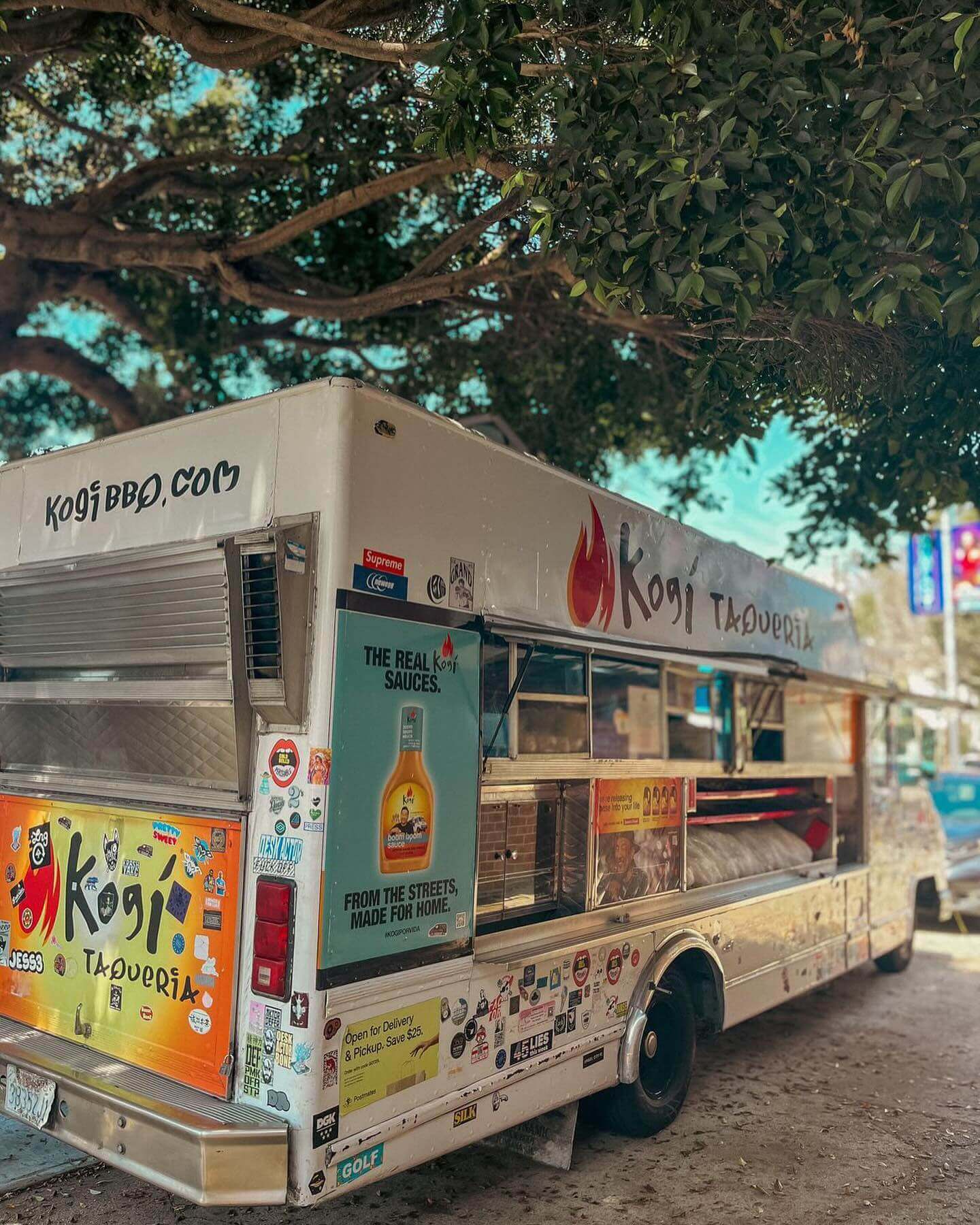
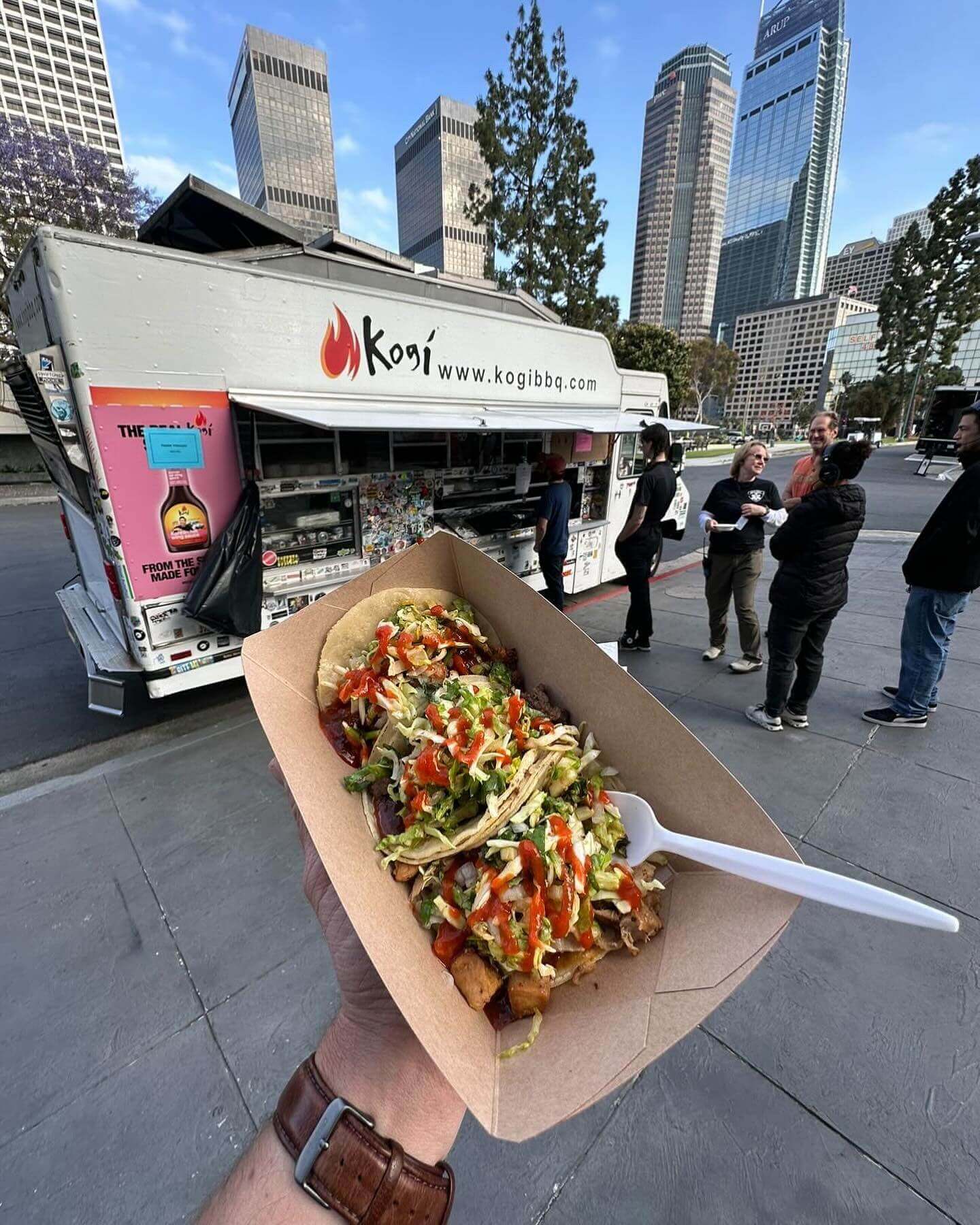
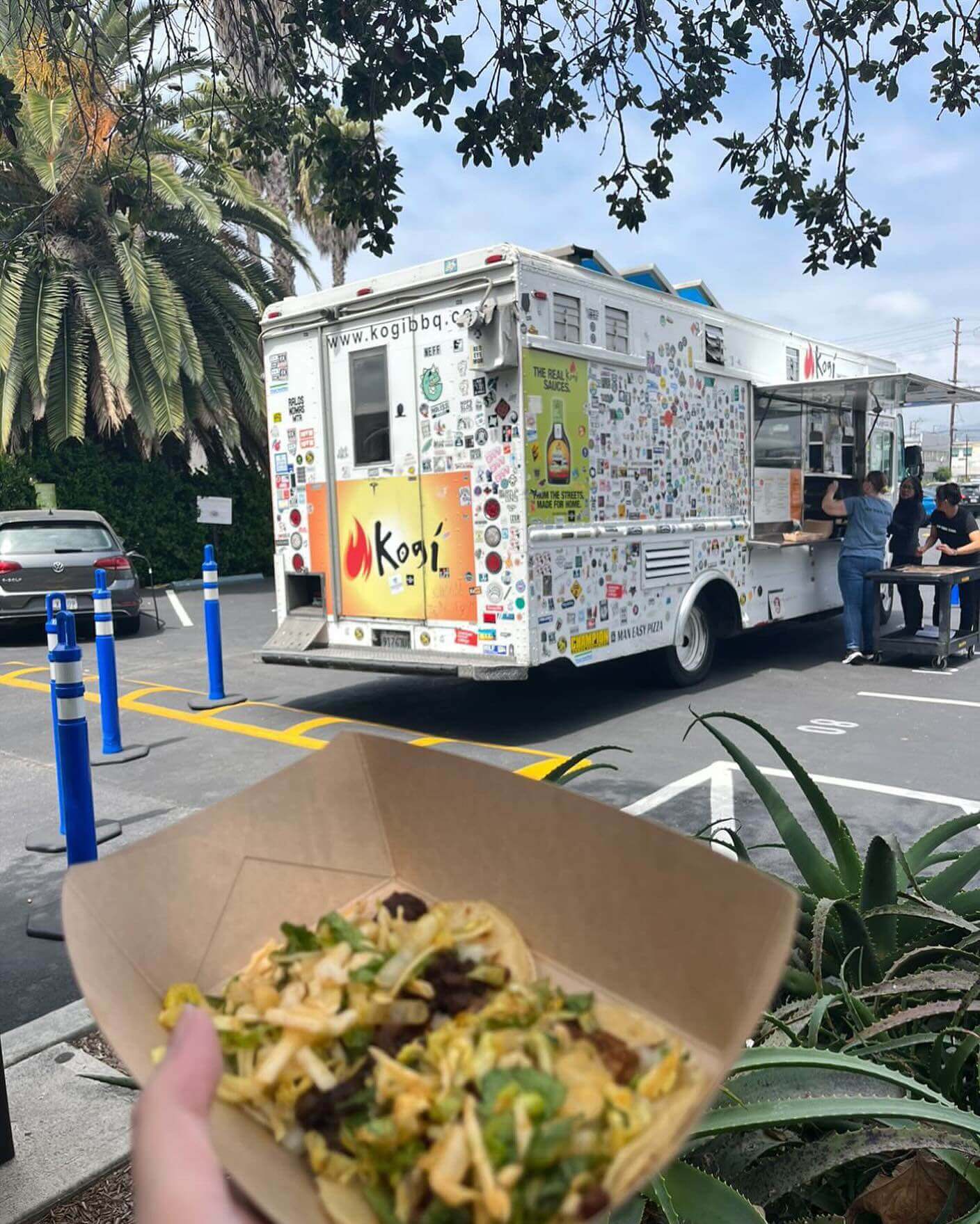
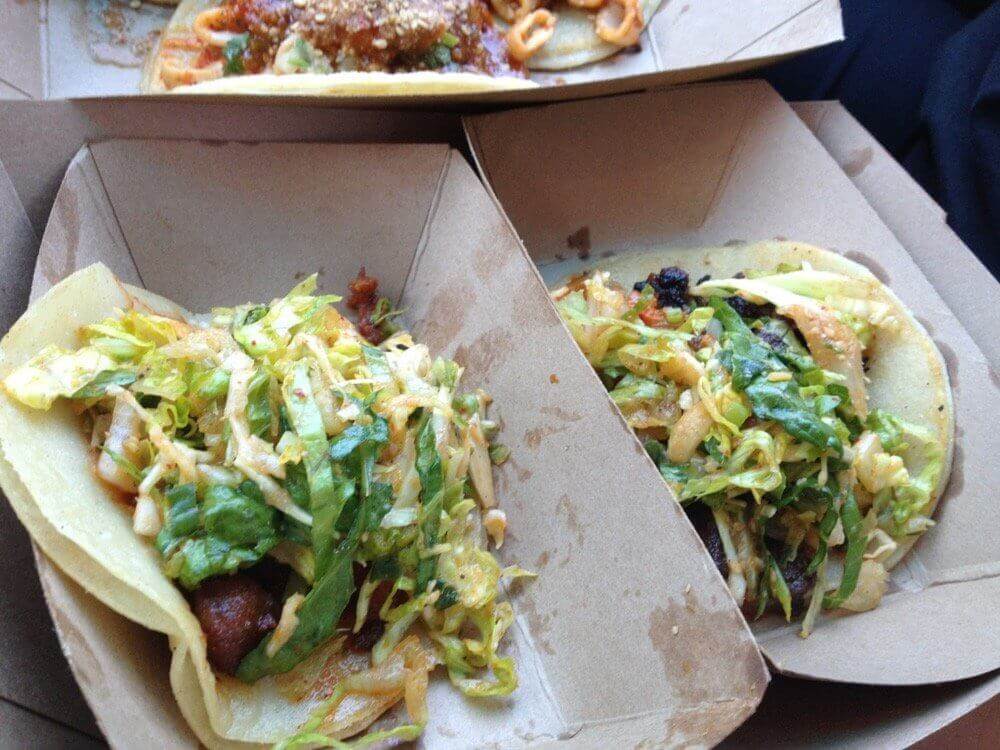
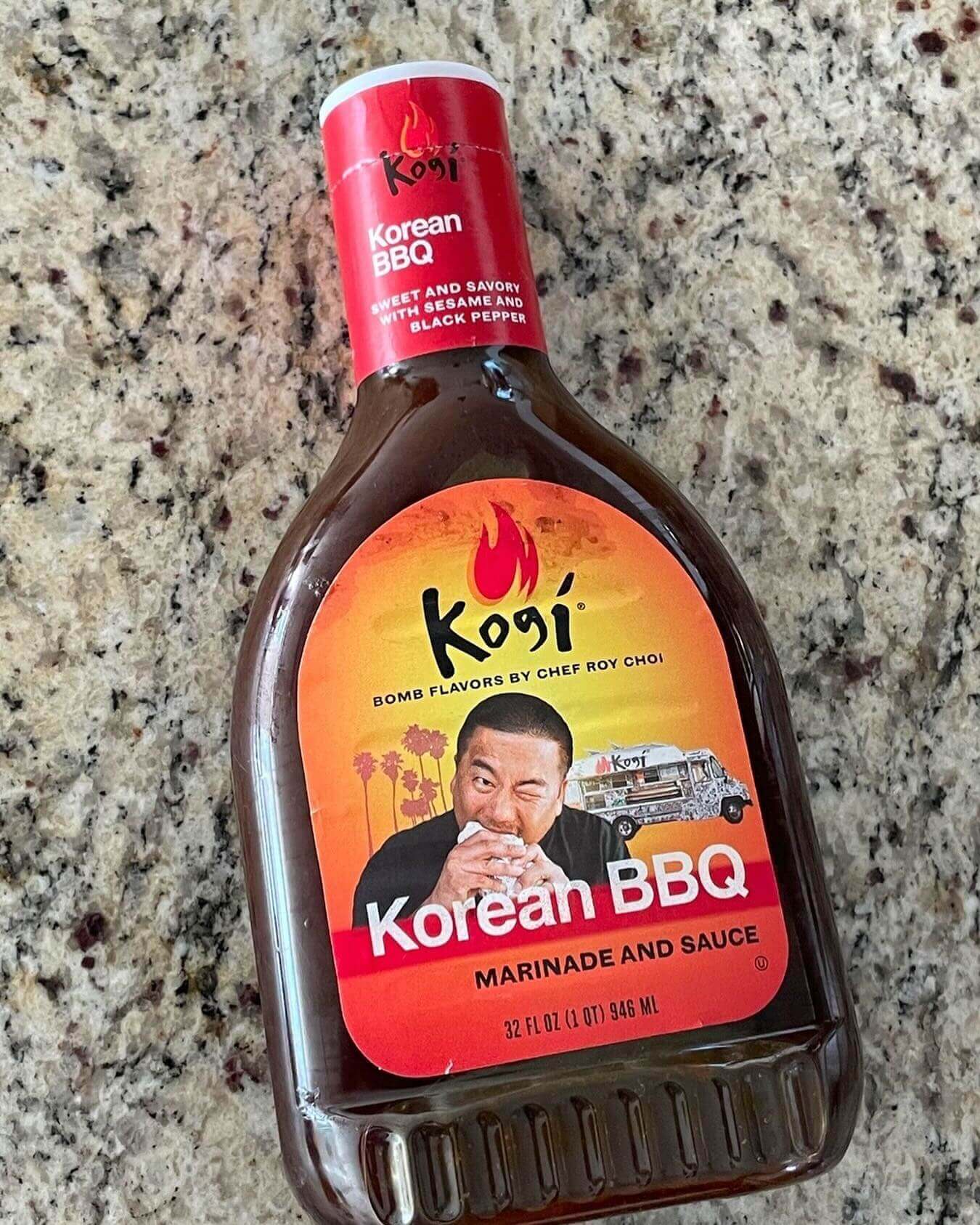
Leave a Reply